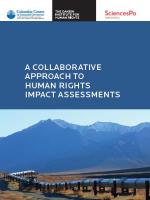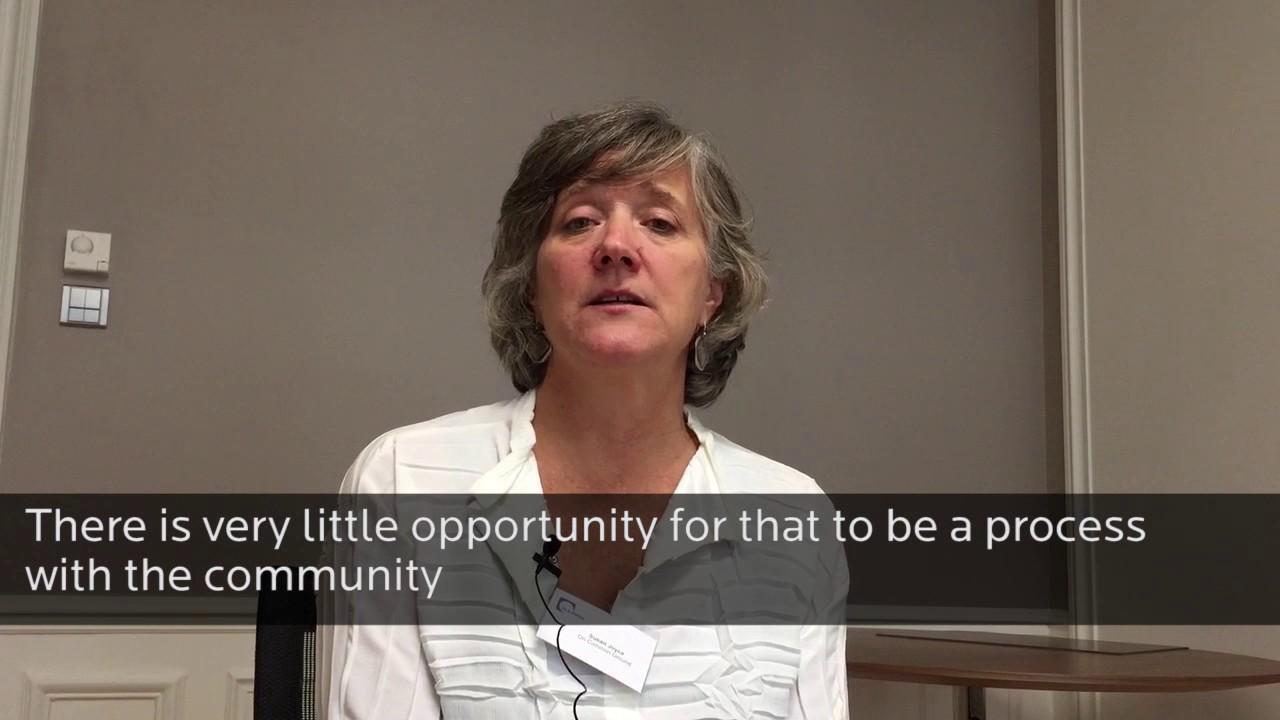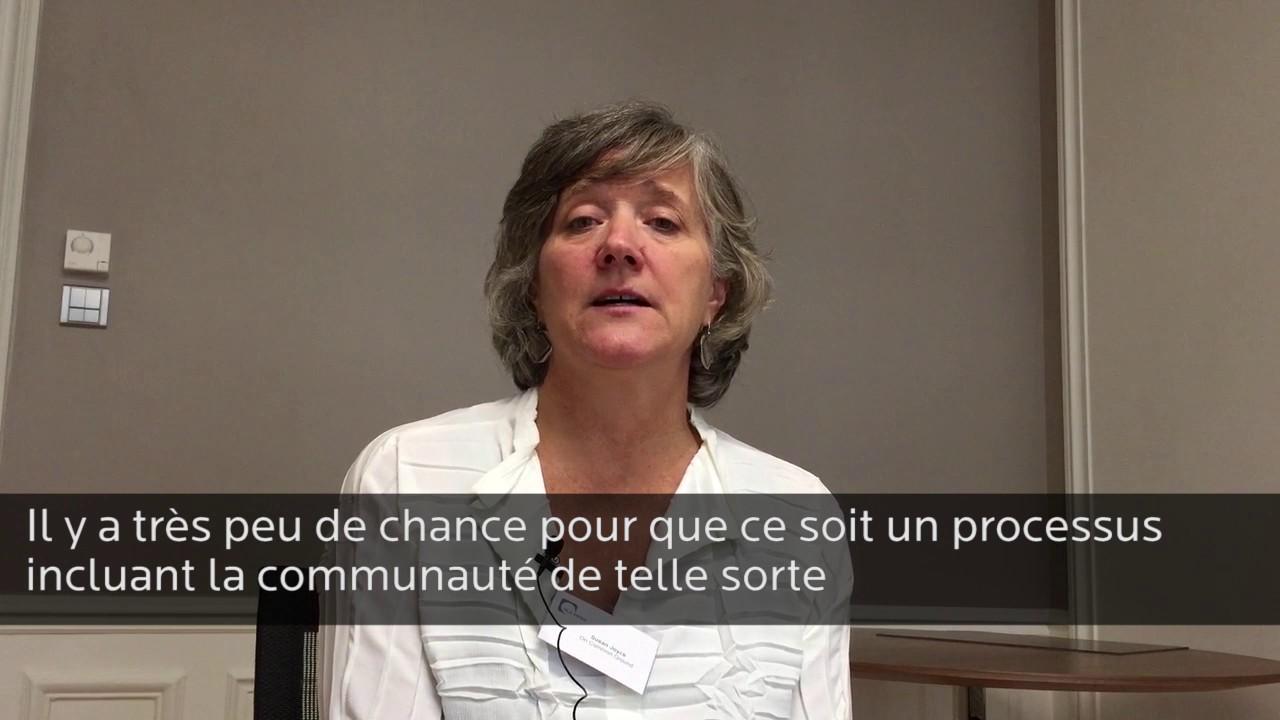
A collaborative approach to Human Rights Impact Assessments
This paper by the Columbia Center on Sustainable Investment, the Danish Institute for Human Rights and the Sciences Po Law School Clinic, suggests a new collaborative and participatory approach to human rights impact assessments (HRIAs). It is written for stakeholders - in particular, communities, workers, and other project-affected people; their representatives, including local and international civil society organizations; companies; and others - who seek more effective strategies for investigating the human rights impacts of business projects or operations, and who are willing to consider a collaborative assessment. For this audience, the paper provides a set of considerations relevant to such an undertaking.
The paper may also be of interest to representatives of companies, project-affected people, or civil society organizations who are not yet ready to undertake a fully collaborative assessment, but who wish to make their human rights impact assessments more inclusive and responsive, or who seek to encourage greater buy-in from other stakeholders. Such readers might be particularly interested in, for example, the sections on stakeholder involvement and meaningful participation (pp 28-36), the steering committee (pp 38-42), or transparency and disclosure (pp 72-74).
VIDEO in English: This short video features interviews with stakeholders working on HRIAs regarding the challenges of current HRIA practices and the potential benefits of a collaborative approach to HRIAs.
We asked a company representative and practitioners with experience conducting community-led, and company-led, HRIAs about how a collaborative approach might help address some of the problems found in current HRIA practices.
Interviewees: Hervé Deguin (Michelin); Susan Joyce (On Common Ground); Dhanis Rhukan (The Carter Center, DRC)
VIDEO in French: Nous avons demandé à un représentant d’entreprise et à des praticiens ayant mené des études d’impacts sur les droits de l’homme unilatérales comment une telle approche collaborative pourrait aider à résoudre certains problèmes rencontrés par les pratiques actuelles d’études d’impact sur les droits de l’homme.
Personnes interrogées: Hervé Deguin (Michelin); Susan Joyce (On Common Ground); Dhanis Rhukan (The Carter Center, RDC)
We strive to make the pdf versions of our publications etc. accessible for screen readers. If you experience any problems, please contact Digital Editor Stine Juhl Nielsen on stni@humanrights.dk


